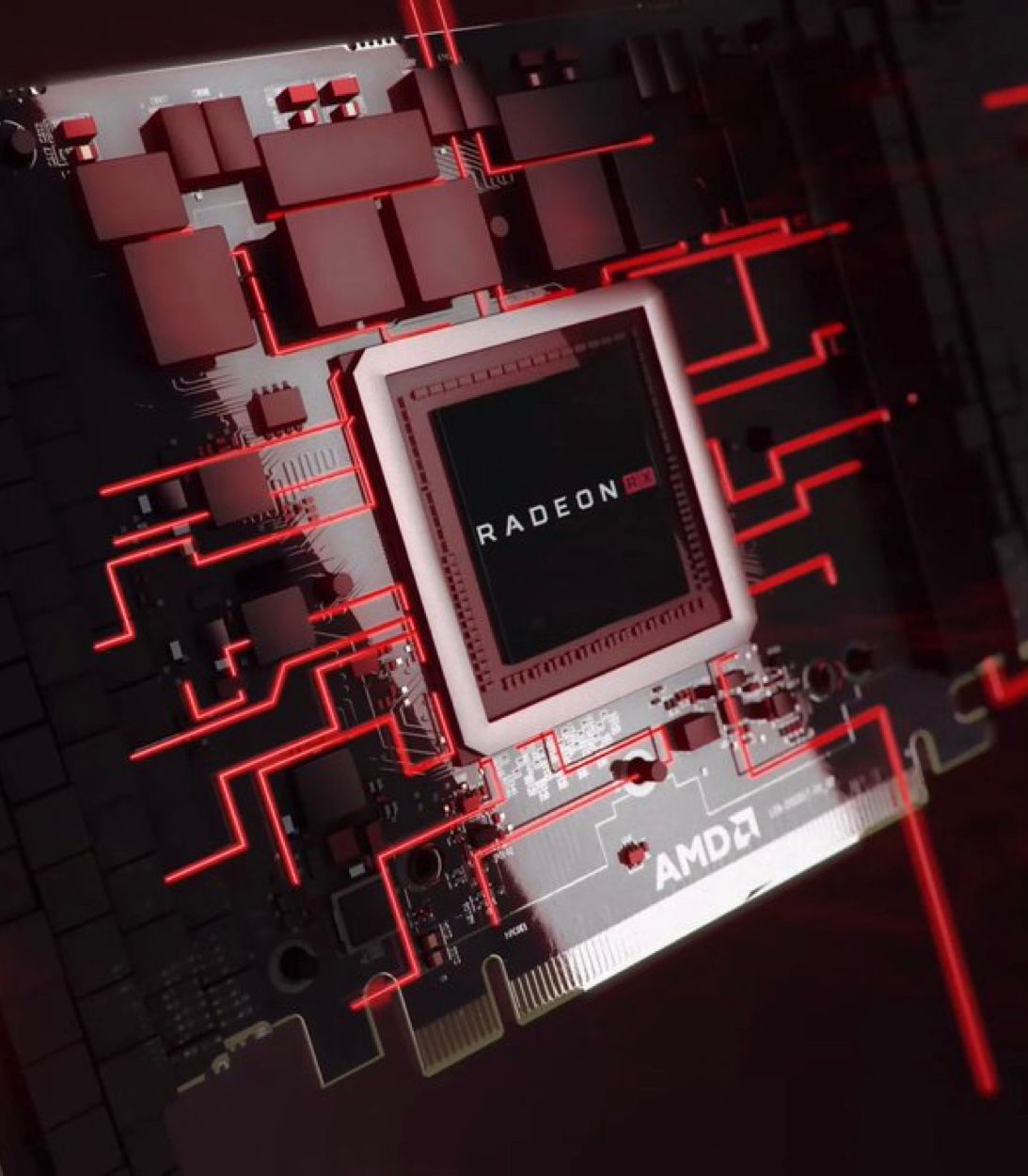A perfect storm has formed, and consumers are caught in the apex on an international scale. The global shortage of chips began more than a year ago, on the back of the pandemic. Now, the situation has managed to become worse as semiconductors become increasingly rare.
Semiconductors, or computer chips, are the heart of all electronics. From an electric lawnmower to an electric car, computer chips allow electronics to parse signals into complex commands. Without the chip, the series of on/off signals become little more than noise that cannot be deciphered. Companies have struggled to find semiconductors since the pandemic began, yet products continued to increase in demand in spite of the supply shortage. Now the upside-down equation is threatening to affect everything in electronics.
Experts have found that the global shortage of chips is nowhere near being solved. If anything, it has become increasingly worse. The pandemic forced many factories to close in key semiconductor fabrication plants such as those in Japan, Taiwan, and China. In spite of the closings, demand skyrocketed as people found themselves trapped at home with little entertainment. The pandemic thus increased the demand for televisions, computer accessories, consoles, and a myriad of other electronic devices. This juxtaposition of supply and demand flipped the equation upside-down, resulting in a monumental increase in semiconductor price.
Now, as factories begin to return to standard production rates, both the demand and increased level of electronics has assured that the semiconductor production levels are nowhere near adequate. Some experts have taken to stating that electronics are reaching a level of crisis in terms of production, as both Apple and Samsung need to delay the release of their flagship products. The delays will also strike the next-generation consoles, the PlayStation 5 and Xbox Series X/S, and PC gamers can expect to continue to limp along with previous generations of GPUs. Considering that semiconductor factories can take two years to stand up and begin production, the current chip crisis could well alter strategies for Microsoft and Sony regarding the current console war.
Consoles manufacturers tend to encourage gamers to jump into the "next big thing" as soon as the new consoles are available, with a litany of exclusives and forward-facing technologies that highlight the new abilities of the technology. This strategy will no longer be plausible, however briefly, offering pause to corporate strategists as they consider the next profitable move. Likely, gamers will see prior generations of both consoles and PC technology being supported far longer in order to maintain the shelf-life of the currently available technology. This will be the primary means of corporations surviving during the global chip shortage, a rare focus on what is already owned versus the encouragement of buying additional tech.
Source: The Guardian


